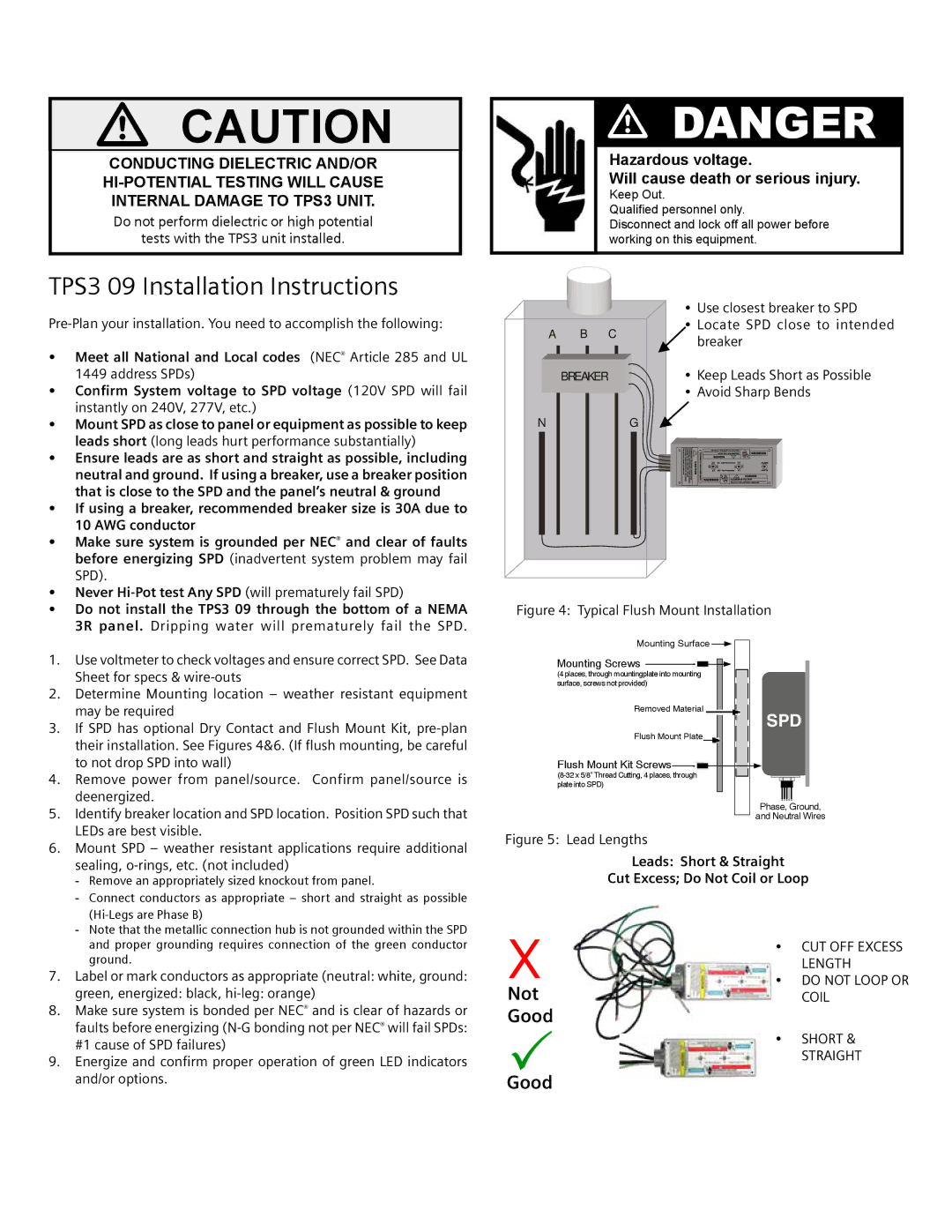TPS3 09 specifications
Siemens TPS3 09 is a pioneering process automation technology that is widely recognized for its robust performance and innovative features. Developed by Siemens, a leader in automation and digitalization, the TPS3 09 is designed for industrial applications requiring precision and reliability. It serves various sectors, including manufacturing, energy, and logistics, enhancing productivity through intelligent automation solutions.One of the main features of the TPS3 09 is its modular architecture, allowing users to customize their control systems according to their specific needs. This modularity enables the integration of various functions, such as process control, safety management, and data acquisition, all within a single platform. This flexibility significantly reduces the complexity and cost associated with implementing separate systems.
The TPS3 09 utilizes advanced technologies to ensure high performance and efficiency. It incorporates cutting-edge communication protocols such as PROFINET and Ethernet/IP, facilitating seamless integration with other devices and systems in a network. This capability allows for real-time data exchange, which is essential for effective decision-making in fast-paced industrial environments.
Another notable characteristic of the TPS3 09 is its enhanced user interface. The system features intuitive graphical displays that allow operators to monitor and control processes with ease. The user-friendly interface is customizable, helping to streamline operations and reduce training time for personnel.
In terms of safety, the TPS3 09 adheres to the highest industry standards. It includes comprehensive safety solutions such as fail-safe control systems and safety certified components. These features ensure that both equipment and personnel are protected, minimizing the risk of accidents and downtime.
Energy efficiency is another critical aspect of the TPS3 09. The system is designed to optimize energy consumption throughout the operational lifecycle, promoting sustainable practices within industries. This focus on energy efficiency not only reduces operational costs but also aligns with global efforts to minimize environmental impact.
In summary, Siemens TPS3 09 stands as a versatile, innovative solution for process automation. Its modular design, advanced communication technologies, user-friendly interface, rigorous safety features, and emphasis on energy efficiency make it a valuable asset for businesses looking to enhance their operational capabilities. As industries continue to evolve, the TPS3 09 remains at the forefront of automation technology, driving progress and efficiency.

